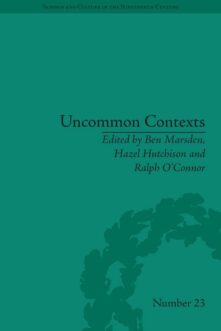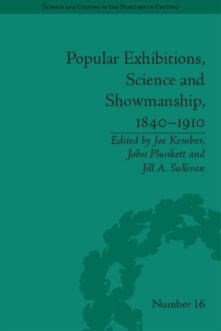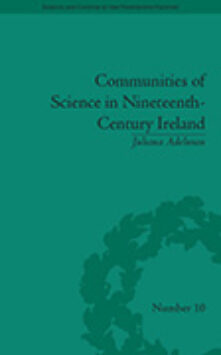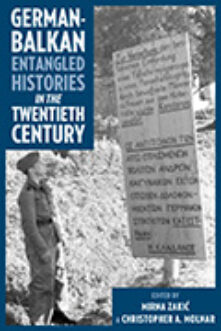Books
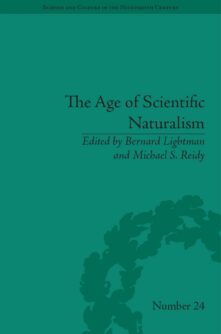

The Age of Scientific Naturalism
Tyndall and His Contemporaries
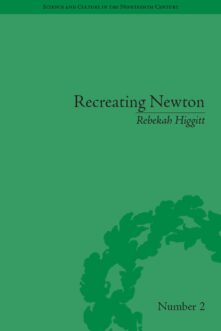

Recreating Newton
Newtonian Biography and the Making of Nineteenth-Century History of Science
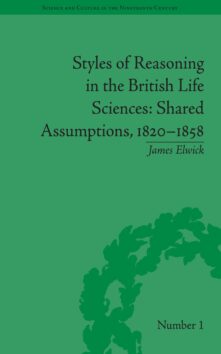

Styles of Reasoning in the British Life Sciences
Shared Assumptions, 1820–1858
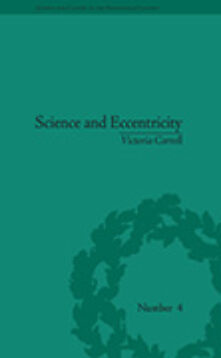

Science and Eccentricity
Collecting, Writing and Performing Science for Early Nineteenth-Century Audiences
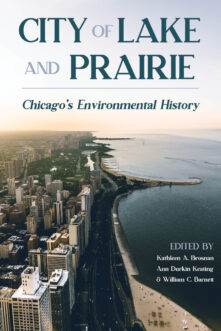

City of Lake and Prairie
Chicago's Environmental History


Victory Banner Over the Reichstag, The
Film, Document and Ritual in Russia's Contested Memory of World War II
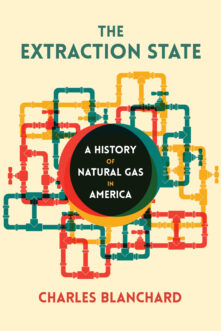

The Extraction State
A History of Natural Gas in America
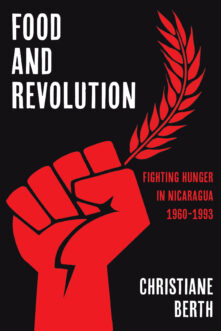

Food and Revolution
Fighting Hunger in Nicaragua, 1960-1993
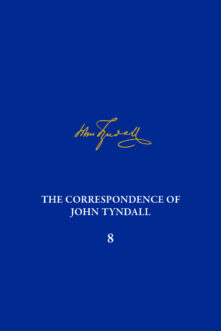

The Correspondence of John Tyndall, Volume 8
The Correspondence, June 1862-January 1865
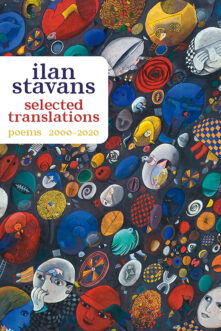

Selected Translations
2000-2020
Total 1538 results found.


